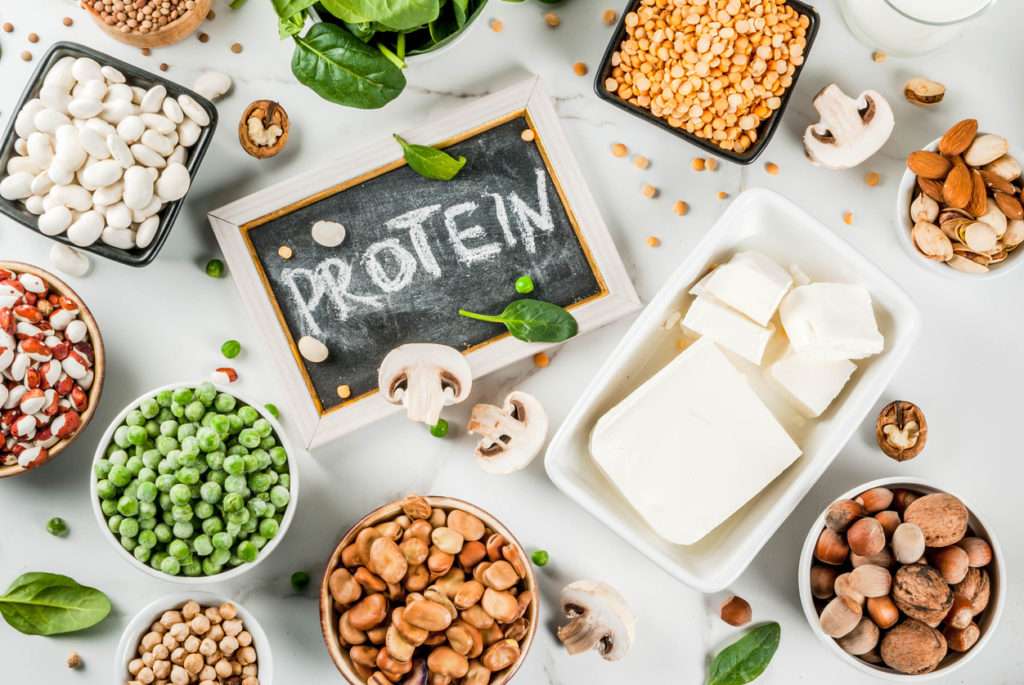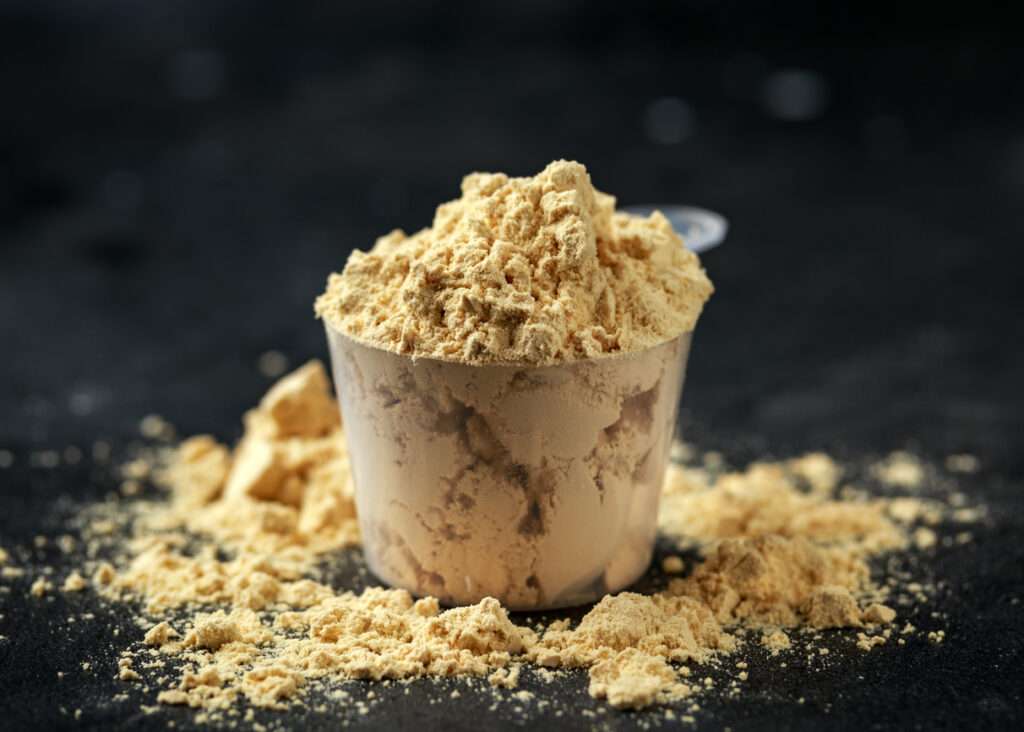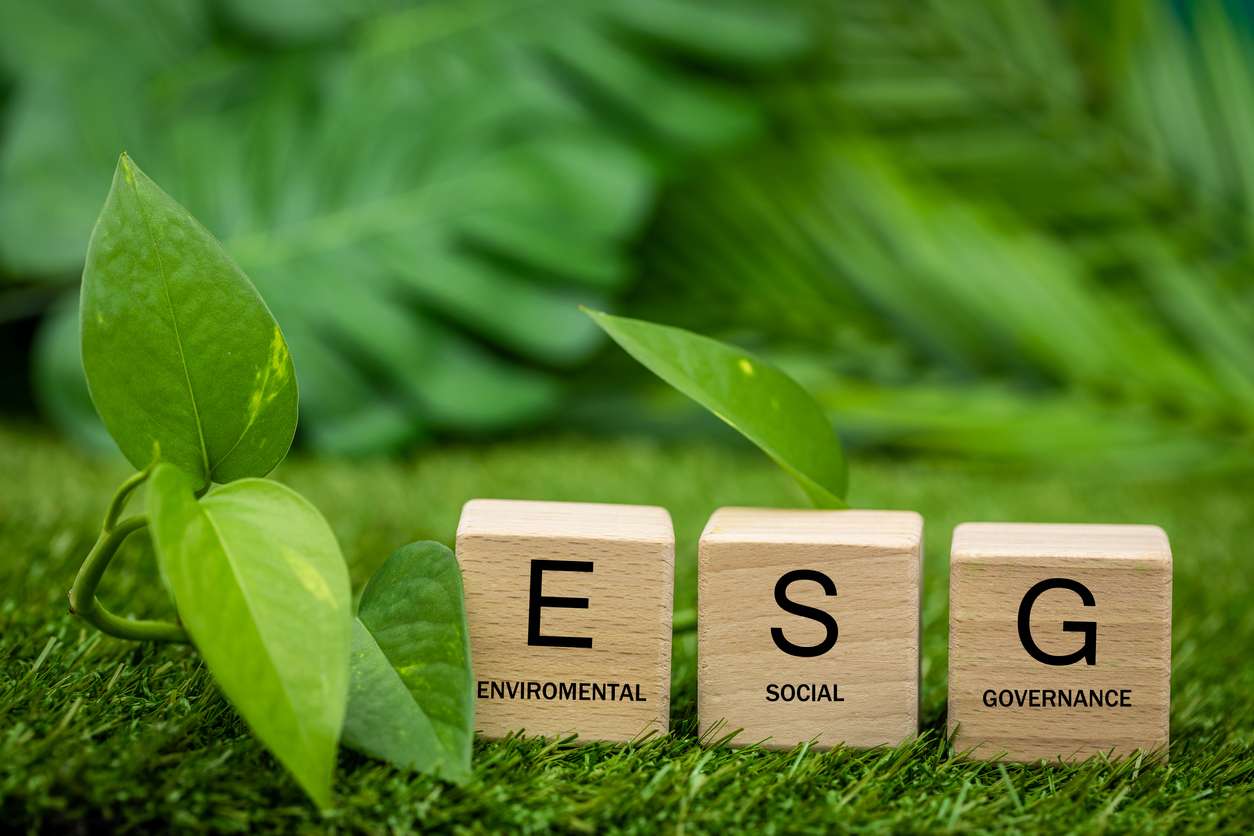Meera writes about some of the vegan foods that are high in protein. Proteins play an integral role in our everyday nutrition. They supply us with the growth factors necessary for maintaining the health of our muscles, cells, and other tissues.
Giving up meat and dairy can be difficult, and adopting a plant-based diet is a choice. One of the concerns that people have when considering a plant-based diet is whether or not their new diet will provide enough nutrients, wondering how to replace essential proteins popular in a meat-eating diet.
What Vegan Foods Have Protein?
Sustainable Living | 28th September 2022 by Meera Sharma
Meera, from Getveganway, based in India, writes about some of the vegan foods that are high in protein.

Proteins play an integral role in our everyday nutrition. They supply us with the growth factors necessary for maintaining the health of our muscles, cells, and other tissues.
Giving up meat and dairy can be difficult, and adopting a plant-based diet is a choice. One of the concerns that people have when considering a plant-based diet is whether or not their new diet will provide enough nutrients, wondering how to replace essential proteins popular in a meat-eating diet.
Contrary to common myths, vegan food can be very nutritious. But on the other hand, finding the best vegan protein sources can be a challenge, particularly when to meet growing market demand, more processed vegan food products are available.
There is also much debate about whether or not a vegan diet contains enough protein. Studies have shown that vegan diets may not, while other research suggests that vegans might be at a higher risk of not getting enough protein; but that those risks can be overcome by choosing the right plant-based foods and supplements. Much depends upon the protein intake of an individual on a vegetarian or plant-based diet.
There are plenty of plant-based foods that don’t have enough protein, and they are known as incomplete proteins. Following a plant-based diet means looking for foods that can provide the highest levels of protein.
Why do we need protein?
Amino acids function as the protein’s primary building blocks. All of our cells, at every stage of development, require amino acids. Not only do proteins make up the fundamental framework of our key organs, but also of our skin, hair, and a vast number of other critical parts of our bodies.
If we cut back on our protein consumption, we run the risk of reducing the amount of muscle mass and strength we have as well as becoming frailer. In many cases, a higher protein intake facilitates a speedier recovery from disease in patients.
Protein-rich foods
Steak and chicken are two examples of high-protein foods that first come to mind and are also known as complete proteins because they contain all nine amino acids. If you prefer not to consume a lot of meat, though, you do have options, so you can be confident your body is getting the right amount of protein.
Adding vegan protein supplements to your diet may be helpful as plant-based foods don’t usually contain all of the essential amino acids needed to be a complete protein. While the body makes some of the nine essential amino acids, some are required from our diet.
In terms of plant proteins, some foods are far superior to others. There is evidence that high-protein diets improve muscle strength, satiety, and calorie burning, all of which contribute to weight loss.
This article will provide a brief overview of some vegan food options that are high in protein.

1. Soy products
To put it simply, soybeans are a reliable and healthy way to get all the protein you need. What this means is that they provide your body with every single amino acid it needs. About 15-20 grams of protein can be found in every 100 grams of most soy products. Soybean by-products include foods like edamame, tofu, and tempeh.
Edamame also has a lot of beneficial nutrients like folate, vitamin K, and fibre. The probiotics in tempeh are helpful. Traditional Japanese cuisine often includes this fermented form of soybeans. It’s a good source of vitamin B complex, as well as minerals like magnesium and phosphorus. That’s why soy foods are so beneficial to your weight loss efforts.
2. Lentils
The protein content of lentils is very high. Per 100g, they contain nearly 24g of protein. Lentils are high in fibre and are a healthy addition to any diet. Therefore, a 100g serving provides nearly half of the daily recommended intake.
Dietary fibre in lentils encourages the colon to populate with healthy bacteria. The balance of good bacteria in the gut is important for overall health. Lentils have been shown to reduce the danger of developing diabetes, heart disease, and obesity. Furthermore, it is thought lentils are able to impede the development of cancer.
Folate, manganese, and iron are all found in adequate amounts in lentils. Antioxidants are also present.
3. Beans
Beans are an excellent source of protein because of their relatively high per-serving protein content. Different types are available, such as kidney, black, pinto, chickpea, lima mung, and fava beans.
About 20g of protein can be found in every 100g of beans. Like lentils, beans also have a lot of protein and fibre. Iron, folate, phosphate, potassium, and manganese are just some of the beneficial nutrients that beans provide.
Evidence suggests that a bean-rich diet can help reduce cholesterol. As a bonus, they aid in sugar control, hypertension reduction, and the elimination of excess fat from the abdominal region.
4. Seitan
Lots of vegans and vegetarians rely on seitan as their primary source of protein. Gluten, the main protein in wheat, is used to make seitan. The protein content of a 100g serving of wheat gluten is around 25g, so seitan is a great option if you’re looking for a plant-based alternative that’s high in protein. Selenium, iron, calcium, and phosphorus can all be found in high concentrations in seitan.
5. Plain oats
Oats are a delicious and easy way to add more protein to your diet. Oats, on average, have about 13g of protein per 100g.
Oats also include a lot of other beneficial minerals and vitamins, including magnesium, zinc, phosphorus, and folate. Oats provide higher-quality protein than other commonly consumed cereals like rice and wheat.
6. Nuts and seeds
Nuts, in general, are considered to be superfoods. It is highly recommended that you include nuts in your regimen if you are interested in maintaining a healthy vegetarian or vegan diet high in protein. Nuts, such as almonds and cashew nuts, are a fantastic source of protein and are always featured on the list of foods that are high in protein content among veggies.
On average, consuming approximately 20 to 25 whole almonds on a daily basis can provide you with approximately 6g of protein. However, this can be quite a lot to consume in one sitting, and even eating a handful of mixed nuts every day will provide the necessary boost of protein your body might need. Not only that, but nuts also have a respectable amount of dietary fibre and vitamin E in their composition.
Make sure that nuts are a regular component of your diet because they are good for your heart while being a great source of protein for vegetarians and other people who don’t eat meat. On the other hand, watch how much salt you consume and stay away from nuts that have been salted.
7. Green peas
When you look at them, green peas don’t seem like they would be a good source of protein, but they really are. Nearly nine grams of protein can be obtained by consuming only one cup full of these beautiful green vegetables. Green peas are abundant in vitamins A, K, and C, a wide variety of minerals, as well as a significant quantity of fibre. If you follow a vegetarian diet or plant-based diet, eating green peas on a regular basis can help provide your body with additional protein.
8. Chia seeds
Chia seeds are a relatively new trend that has lately gained popularity and are increasingly being consumed here as a health food. Chia seeds have 6 grams of protein and an astounding 13g of fibre in every single 35g serving. In addition, they are rich in nutrients such as calcium, magnesium, and iron, and they also include omega-3 fatty acids and a variety of antioxidants, all of which can help you stay in tip-top physical condition for the long haul.
You shouldn’t have any trouble using chia seeds, but you should make sure you take the organic version. Be certain that the seeds you are consuming are not basil seeds, which can be easily confused with chia seeds due to their appearance.
Chia seeds can provide you with the nutritional surge your body needs if you simply soak them in water for a brief period of time and then consume them along with your preferred beverage. Vegans can benefit greatly from the protein content of chia seeds.
9. Protein vegetables
It is generally accepted that vegetables only contain trace amounts of carbohydrates and proteins in addition to a wide variety of vitamins and minerals. However, spinach, potatoes, broccoli, asparagus, and even sweet potatoes are among the vegetables that contain a greater quantity of protein than others.
Even though the amount of protein that can be found in each of these is not comparable to the amount that can be found in non-vegetarian sources, it is still quite a decent value at approximately 5 grams per cup full of cooked vegetables.
10. Fruit sources
In most cases, fruits are not very good sources of protein. In spite of this, certain fruits, such as bananas, guava, and a variety of berries, contain a respectable amount of protein on their own. However, if you’re looking for a source of protein, fruits aren’t the best bet. Instead, pick one of the other options that we mentioned earlier in this article.
The bottom line
There is a widespread misunderstanding that vegans do not have access to adequate sources of protein. In many ways, a vegan diet can be more beneficial to the body than is commonly believed when it comes to tackling health issues like weight loss, high cholesterol and managing blood sugar levels.
Some sources are complete proteins like tofu, and others like beans and lentils have properties that protect against cancer and free radicals. Additionally, most contain necessary vitamins and minerals. As a result, if you want to live a long, healthy, and fulfilled life, we strongly suggest following a plant-based diet that is high in protein.
Share this post:
Hear from Solo Living now and then by signing up to our mailing list




















